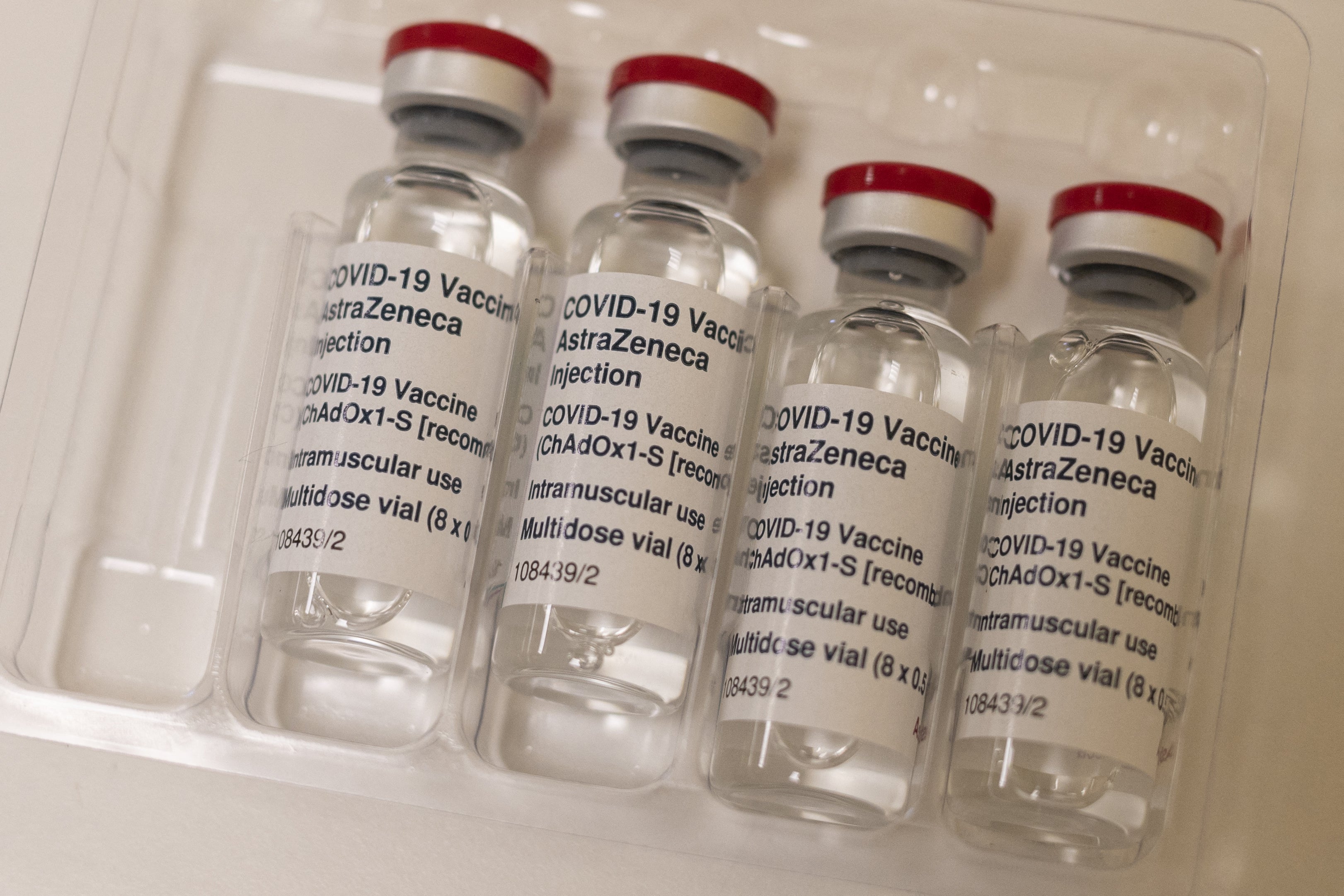Man, 27, dies weeks after receiving Covid vaccine he was wrongly invited to take by NHS
Jack Last died after having the AstraZeneca Covid jab following a ‘litany’ of errors by GP services and the NHS

Your support helps us to tell the story
From reproductive rights to climate change to Big Tech, The Independent is on the ground when the story is developing. Whether it's investigating the financials of Elon Musk's pro-Trump PAC or producing our latest documentary, 'The A Word', which shines a light on the American women fighting for reproductive rights, we know how important it is to parse out the facts from the messaging.
At such a critical moment in US history, we need reporters on the ground. Your donation allows us to keep sending journalists to speak to both sides of the story.
The Independent is trusted by Americans across the entire political spectrum. And unlike many other quality news outlets, we choose not to lock Americans out of our reporting and analysis with paywalls. We believe quality journalism should be available to everyone, paid for by those who can afford it.
Your support makes all the difference.A man who died three weeks after receiving the AstraZeneca Covid-19 jab was given the vaccine despite not being eligible, an independent investigation has found.
A probe into failings linked to the death of Jack Last, a young man who died in April 2021 from a blood clot linked to the Oxford-AstraZeneca jab, revealed the 27-year-old was wrongly called up early for the vaccine by his GP - and so, did not receive a jab deemed safer for under 30s.
The report found his death was “a consequence of a combination of system shortcomings, human error, and tragic unfortunate timing”.
His family have accused the NHS of a “litany of errors” that cost a “fit and healthy” young man his life.
They said: “Sharing the horrific ordeal that Jack was put through is something that must be done to highlight the litany of errors that have cost Jack his life…Jack died following days of agony, with immense internal damage throughout his body, bleeding and clots in his brain.”
These failures, according to the report, also included a “lack of urgency” in getting him a CT head scan treatment for possible blood clots and a misdiagnosis of his scan once it had been done.
The three-year long investigation into his death, carried out by consultancy Facere Melius, found Suffolk GP Federation was forced to expand the number of people receiving the AstraZenenca jab amid fears over vaccine wastage at the height of the pandemic.
The report said Suffolk GP services were being “proactive” in extending their vaccine invitations and doing their best to vaccinate people against Covid.

Days before his vaccination, on 30 March, the GP services had received “a large delivery of the AstraZeneca vaccine that was due to expire within a few days”.
Despite Mr Last not being eligible for a vaccine because he was not clinically vulnerable, nor was he living with clinically vulnerable people, he was invited to have a vaccine and given the AstraZeneca version.
According to the investigation report, inaccurate GP records for his family and a lack of checks when he came into the vaccine centres meant Mr Last received the jab shortly before warnings over its use in under 30s.
“If Jack had not been invited to have the AstraZeneca vaccine early, he would have been in a much later cohort (starting 8 June 2021), by which time people under 30 were to be offered Pfizer or Moderna vaccines,” the report said.
At the time the government continued to publish guidance from the MHRA that the benefits of the Covid-19 jab “continued to outweigh any risks”. Blood clots had been reported in less than one in a million at the time.
Six days after receiving his vaccination, Mr Last began to get ill and was experiencing “severe headaches, sometimes with vomiting and visual disturbances”.
However, his CT head scan in which a blood clot was visible was not reported by the hospital radiologist, and he did not receive treatment until a day after his hospital admission. He died on 20 April 2021 after sustaining catastrophic brain damage.
Following an inquest it was concluded that the Oxford-AstraZeneca jab had triggered an over-reactive immune response causing blood clots in multiple areas of his body.
Covid-19 restrictions in hospital at the time also meant his family were limited in visiting their son in the days before his death.
His family said: “We believe part of the reason Jack was not taken seriously at the hospital to begin with was because the “safe and effective” mantra had been repeated so much to the point of it being gospel, that anything that went against this seemed offensive. As though you were somehow wishing Covid-19 on others or you were being deliberately difficult.
“The report details the many horrendous and ultimately catastrophic errors from the moment Jack arrived at West Suffolk Hospital. It appears that at every turn since he checked in something went wrong, and Jack just couldn’t catch a break.”
Medical director of the Suffolk and North East Essex Integrated Care Board, Dr Andrew Kelso, said: “Our thoughts remain with the family of Jack and have been throughout this very tragic case.
“On behalf of all system partners, we are truly sorry for what has happened and for the loss, heartbreak and distress they must be experiencing...This independent review allowed the system to look at the incident from beginning to end, without the restrictions of organisational boundaries and without prejudice.”
Suffolk GP Federation was approached for comment.
Join our commenting forum
Join thought-provoking conversations, follow other Independent readers and see their replies
Comments